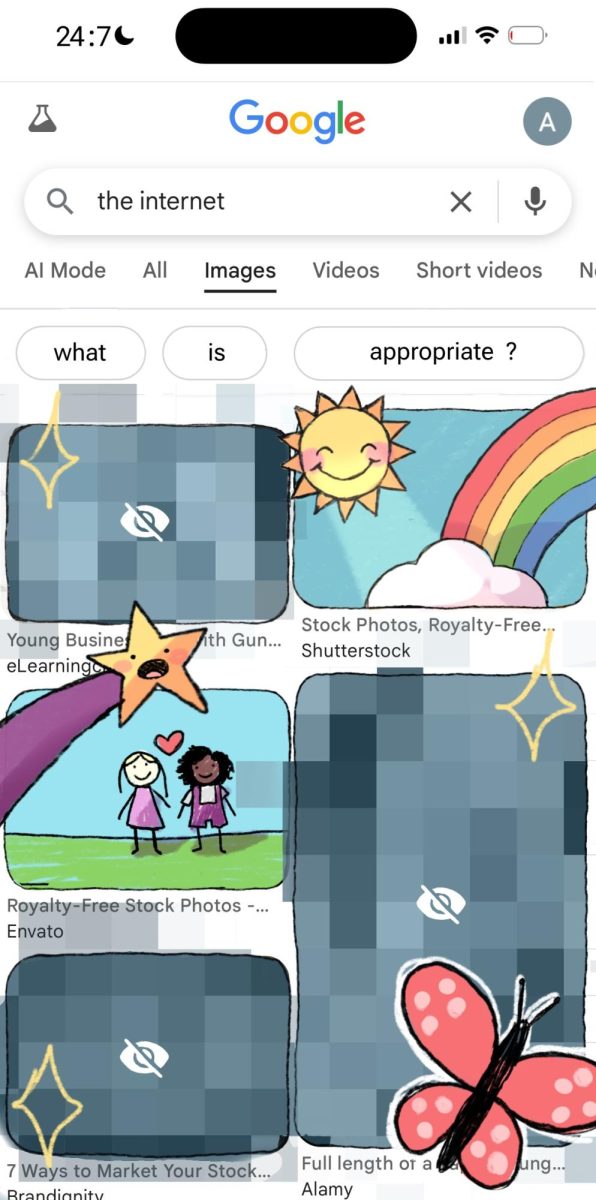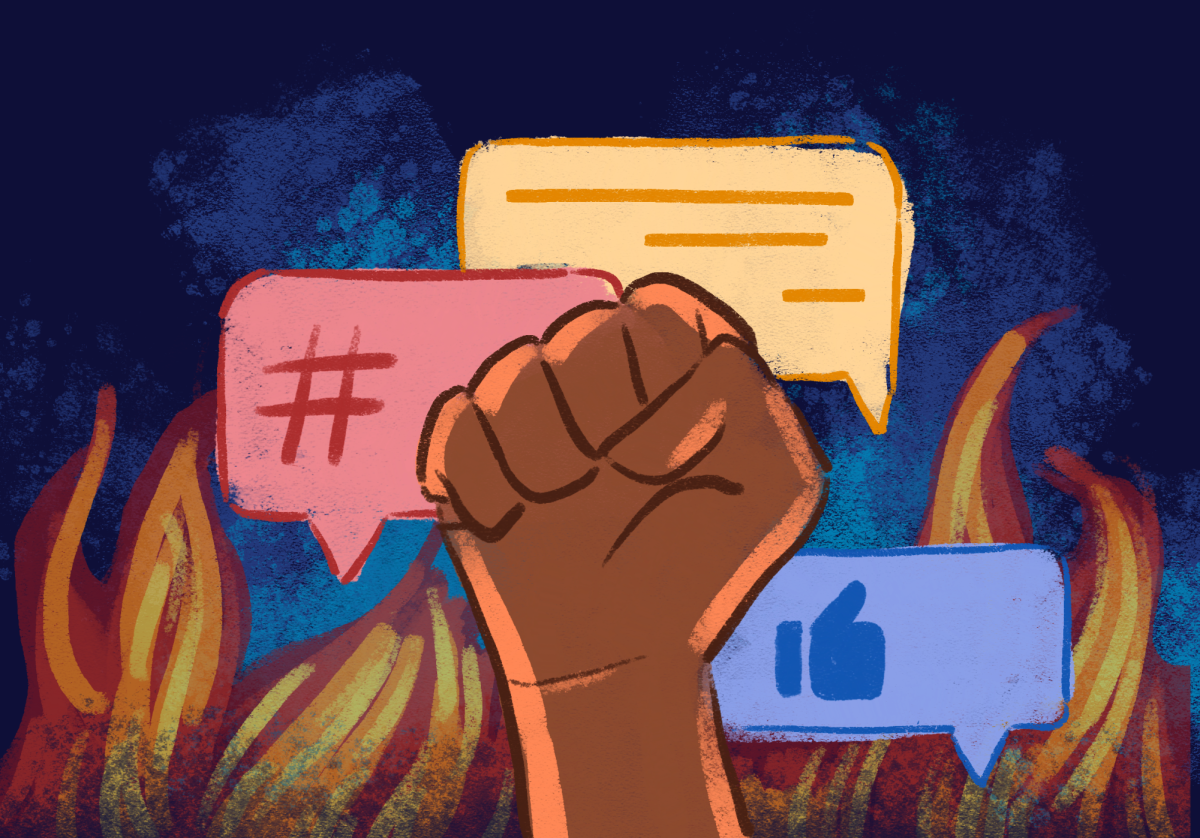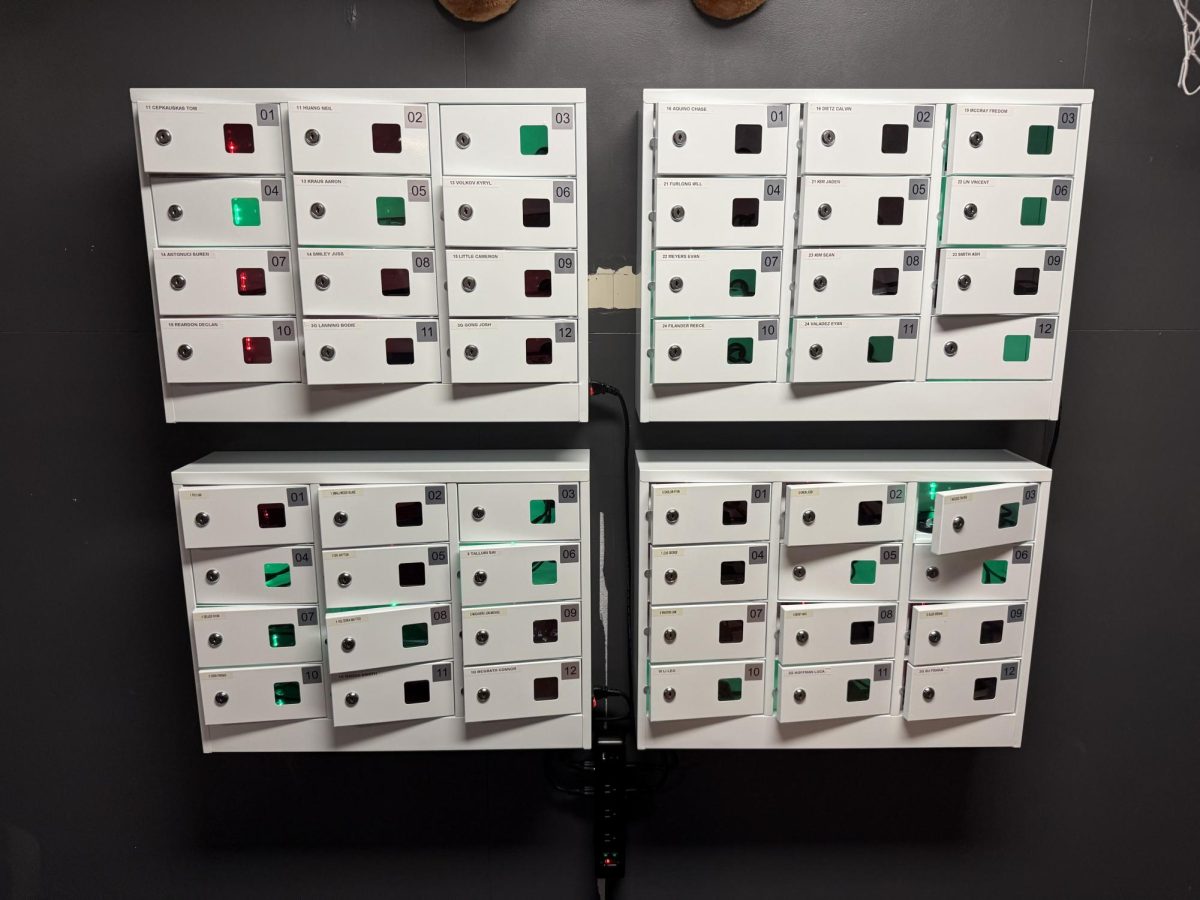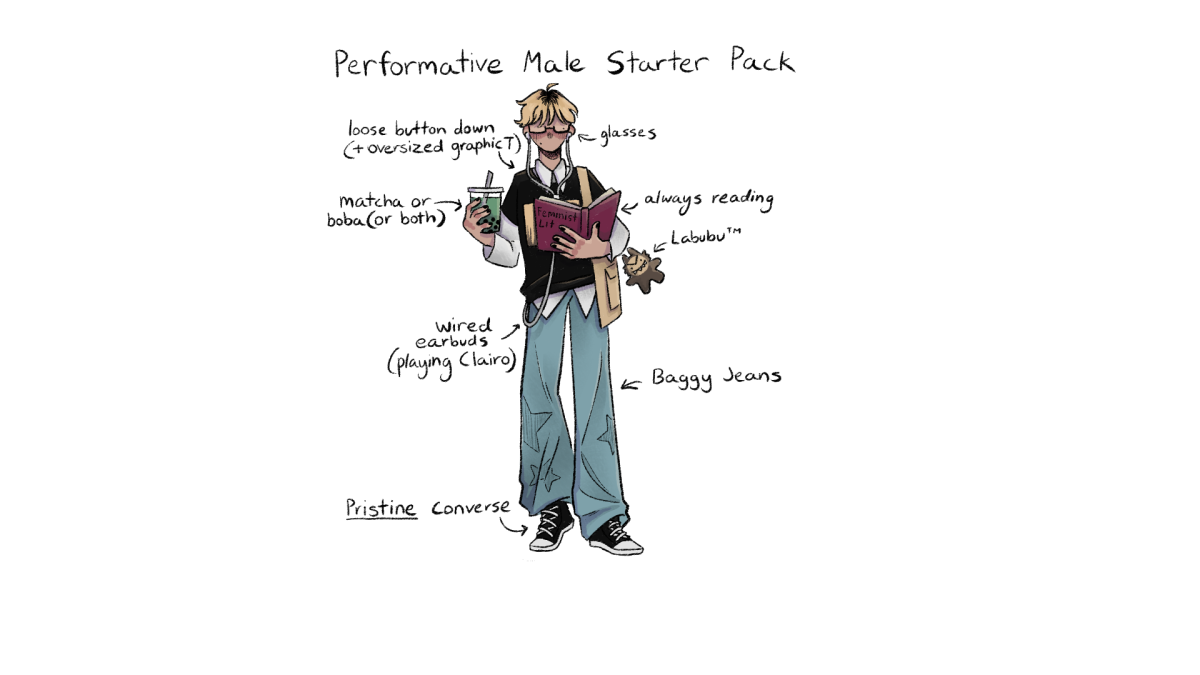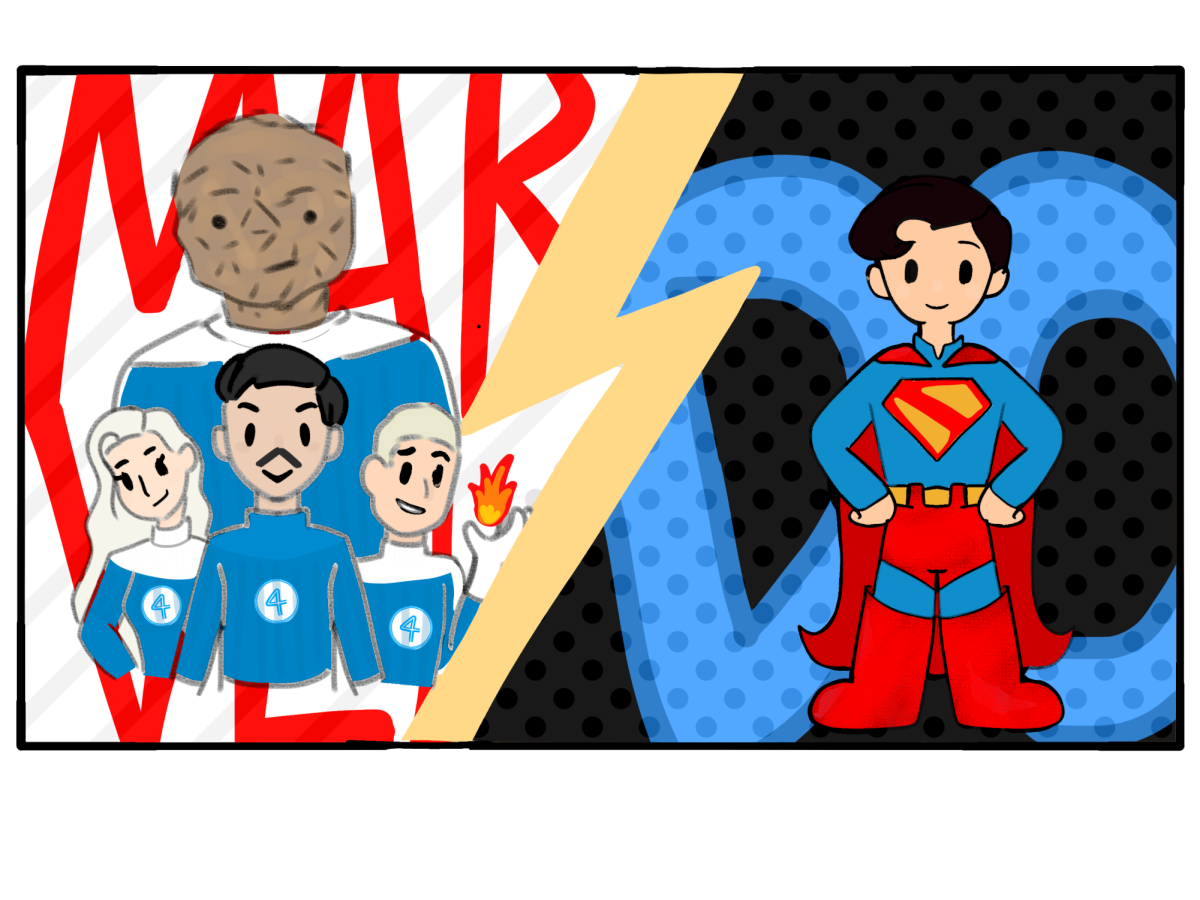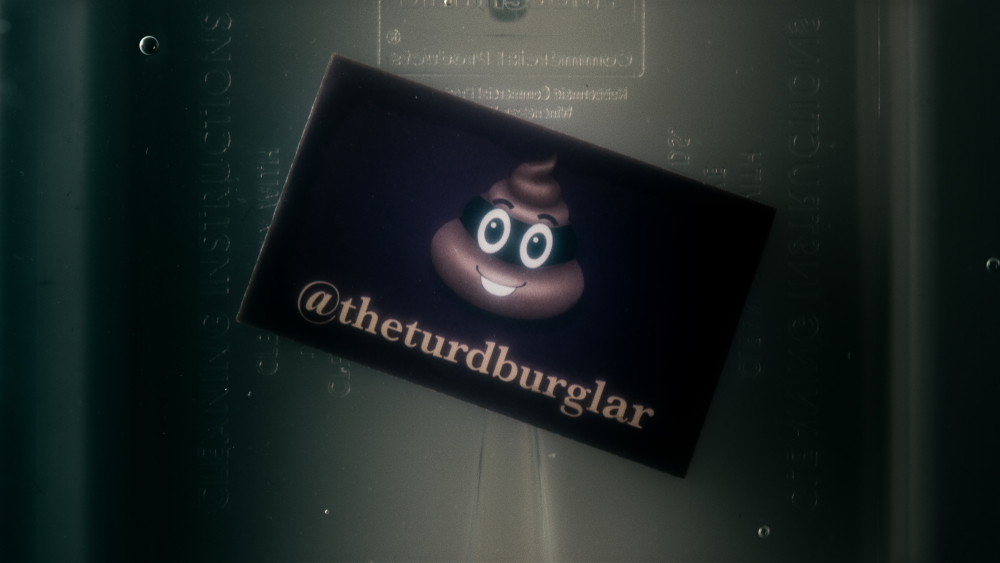Spoiler Alert: This opinion piece may reveal some details in the show.
I finished “American Vandal” Season 2 in one night after my roommate recommended it to me. Eight episodes, each one forty-minutes long. When I first saw “Dead Poet Society,” I thought I could relate to the movie completely because of the boarding school setting, but “American Vandal” struck me on a different level. The mockumentary featuring two fictional investigators, Sam and Peter, brought me through a thrilling experience –like watching NCIS unravel another criminal case– except this was a lot less about murdering but more about the dirty work.
“American Vandal” Season 2 uncovers the lives of high schoolers at a prestigious, private, Catholic institution in Seattle. The prank on the school students created by one outlier of the community, through imaginary online relationships, blackmailing, and essentially, the vulnerability of the young generation. Each episode unravels the misconception and discovers the truths about students involved with the incident, and most importantly, the masks that young people put on to cover up their insecurities. We are the only generation that gets to live twice: once in real-life and once on social media. When every aspect of a person’s life is documented and archived in the deepest segment of the digital world, people are scared to stand for who they are. Just like Pete says, “we’re not the worst generation. We’re just the most exposed one.”
A basketball superstar, who is lost in his own world among his people, seeking empathy from a girl whom he has met online; a privileged and popular girl who would reveal her deepest insecurity after establishing the connection that she deems genuine; a social outcast, who is foreign to anything that happens around him, falling in love with the only person with whom he spends hours texting. They all fall for the same Brooke Wheeler – a catfishing account manipulated by the expelled student Grayson, whose abhorrence toward his own generation results in the most troublesome and disturbing vengeance.
The striking truth in the last episode gave me a shock because, at the last moment, I still believed that Grayson ought to directly put laxatives in the cafeteria’s lemonade and carry out other pranks that involve cat feces. Surprisingly, all the manipulations occur behind the screen, simply because he holds the most daring and sensitive photos that can ruin anyone’s reputation, something that people work so hard for.
The show even goes beyond the impact that the internet has on us. It exposes the hierarchy that seems familiar in most institutions: the most valuable individuals are the untouchables. DeMarcus Tillman is the golden boy. His teammates look up to him; girls go crazy about him; everybody wants to be his friend. Jenna Hawthorne is that “It” girl. Her family are long-time donors; she’s rich, popular, and she seems to live a perfect life when viewed through the lenses of others. These people get the free-pass for what they do, standing on the top of the hierarchy, and as DeMarcus says, “looking down to others with love.” Grayson targets these individuals from the beginning because he is angry at the privilege and spoiled system that resulted in his expulsion after an online incident with Jenna. He wants to punish DeMarcus and Jenna by blackmailing them, simply because nothing would get these untouchables in trouble with the school.
Truth is, there is no established institution without the presence of status-quo. It’s in human nature that we find ourselves in distinguished groups within a community of different dynamics and power statuses, and social media is the leverage that widens the gap between those distinctions. The relevance between the show and reality is so uncanny yet accurate that I couldn’t help but to keep moving to the next episode while trying to put the puzzle pieces together. When it comes to maintaining the image of a polished and orderly façade of an institution, little do people realize that the interior has long been rotten because of the manipulations to power hierarchy that take place. Intentional misconduct doesn’t happen in a supportive environment nor does it happen out of spite. The corrupted system causes resentments, subsequently deepens the power dynamic that essentially is the root of the problem.
“American Vandal” Season 2 captures the anger and grim reality of the young generation. It has left me with many questions and reflection about how I present myself on social media and perceive other people. I can easily see myself as one of the students in the show, influenced by the status-quo and the online identity that would eventually dictate my lifestyle. It’s a great show to watch and learn from, even though the first episode might discourage you to keep moving on. Like I said, it’s a lot about the dirty work.






